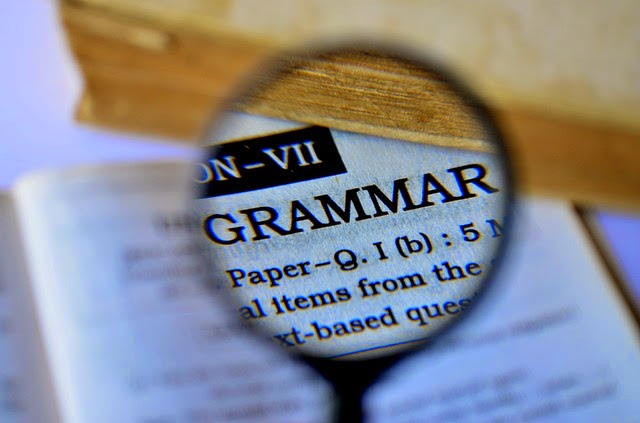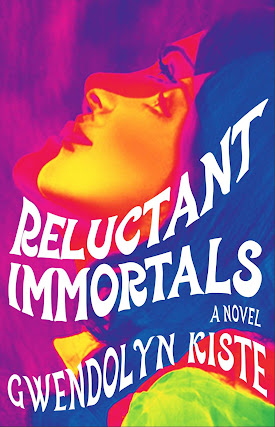What's a pronoun?
Related articles on Grammar
What are compound nouns, common nouns and proper nouns?What are linking verbs, phrasal verbs and helping verbs?
What's a subject and an infinitive within a sentence?
What's a subject- verb agreement?
If you're unsure of what a noun is you can brush up on one of the previous posts above.
What's a pronoun?
A pronoun is simply a word used instead of a noun. Here are some examples of pronouns ; I, me, you, he, she, it, that, they, each, who, somebody.
There are three types of pronouns. These are subject pronouns, object pronouns and possessive pronouns.
A subject pronoun is used when a pronoun is the subject of the sentence.
I know my name.
In this sentence I is the pronoun.
Examples of subject pronouns include; he, she, you, they.
Examples of object pronouns include; him, her, me, them, us.
Examples of possessive pronouns include; his, hers, theirs.
How to use pronouns correctly
Pronouns can be singular or plural depending on the subject within the sentence.
Singular pronouns such as; I, he, she, everyone, anyone nobody require a singular verb such as is.
Pronouns and apostrophes
Possessive pronouns such as yours, his, hers, its, ours and theirs, do not need apostrophes. This is a very common mistake in writing.
Apostrophes need only be used when there is a contraction such as;
it is, it's
there is, there's
How to correctly use a reflexive pronoun
A reflexive pronoun is a pronoun that ends in -selves, or -self
Myself, yourself, himself, herself
Or
Ourselves, themselves, themselves
Reflexive pronouns are used when the subject and the object of the verb in a sentence refer to the same person.
I hurt myself.
In this sentence the reflexive pronoun is myself, the object of the verb is hurt.




Comments
Post a Comment